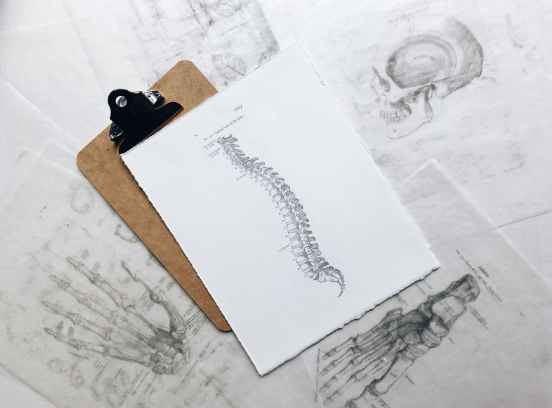MBB and RFA: Which is right for you?
Medial Branch Block or Radiofrequency ablation: Which is right for you?

Medial Branch Blocks (MBB): MBB is a diagnostic procedure used to determine if the facet joints are the source of a patient's pain. It involves injecting a local anesthetic near the medial branch nerves, which supply the facet joints. If the patient experiences significant pain relief after the injection, it can confirm that the facet joints are the pain source.
Radiofrequency Ablation (RFA): After confirming that facet joints are the pain source using MBB, RFA can be used as a therapeutic procedure. During RFA, a specialized needle delivers radiofrequency energy to the medial branch nerves. This energy "ablates" or "burns" the nerve, disrupting its ability to send pain signals.
Patient Responses After MBB:
1. Immediate Pain Relief: Many patients report instant pain relief following the MBB procedure. The local anesthetic's effect can provide temporary relief, helping confirm the facet joint as the pain's origin.
2. Short Duration of Relief: Since MBB is a diagnostic tool, the relief is often temporary, lasting only hours to a few days.
3. Minimal Side Effects: Most patients tolerate MBB well. Some might experience mild discomfort or bruising at the injection site, but serious complications are rare.
Patient Responses After RFA:
1. Long-Term Pain Relief: RFA can offer longer-lasting relief than MBB. Many patients experience pain relief for six months to a year or even longer.
2. Variable Onset of Relief: Some patients might not feel immediate relief after RFA, as it takes time for the ablated nerve to lose its function. They may notice gradual pain reduction over weeks.
3. Potential Side Effects: Like MBB, RFA is generally well-tolerated. However, some patients might experience temporary numbness, discomfort, or swelling at the treatment site. In rare cases, nerve damage or infection can occur, but with skilled practitioners and sterile techniques, these risks are minimal.
Which is Right for You?
If you're experiencing chronic low back pain, your doctor might recommend an MBB to determine if the facet joints are causing your pain. If the MBB confirms this, RFA might be the next step to provide long-term relief.
Conclusion:
MBB and RFA are powerful tools in the arsenal of pain management. While MBB offers diagnostic clarity, RFA can provide lasting relief from facet joint pain. Both procedures have high success rates and minimal side effects when done by experienced professionals.
If you believe you might benefit from either of these treatments, consult with the pain management specialists at Arkansas Spine and Pain to discuss the best approach for your unique situation. Remember, Life begins when pain ends.



